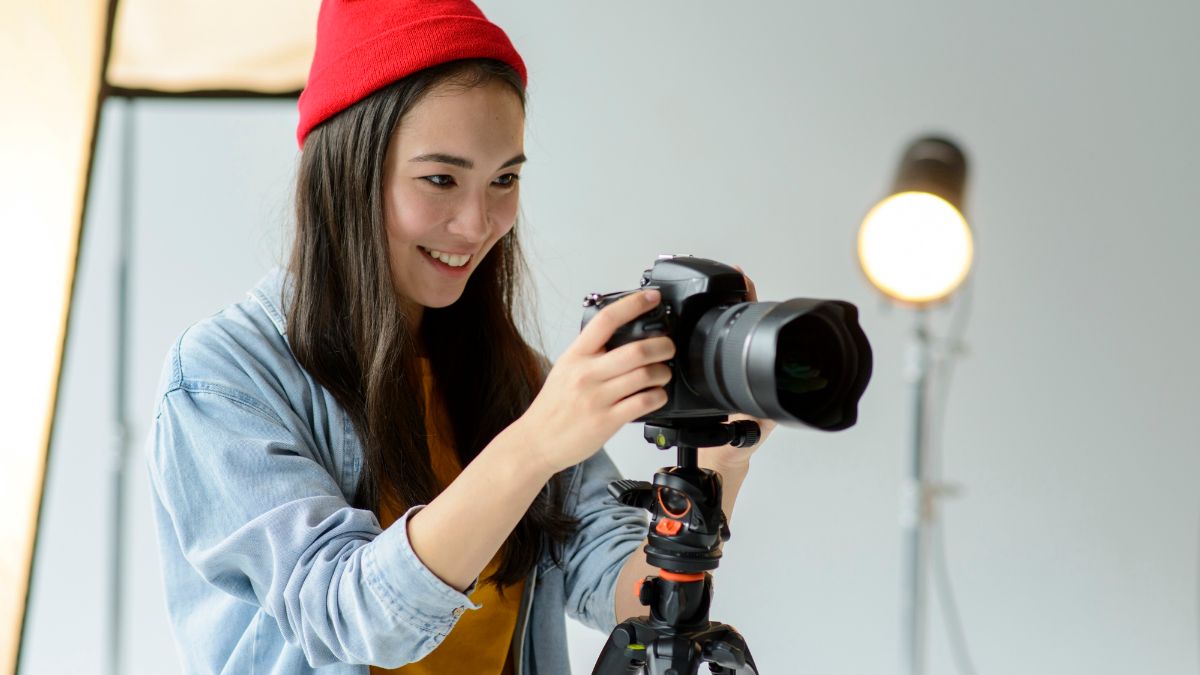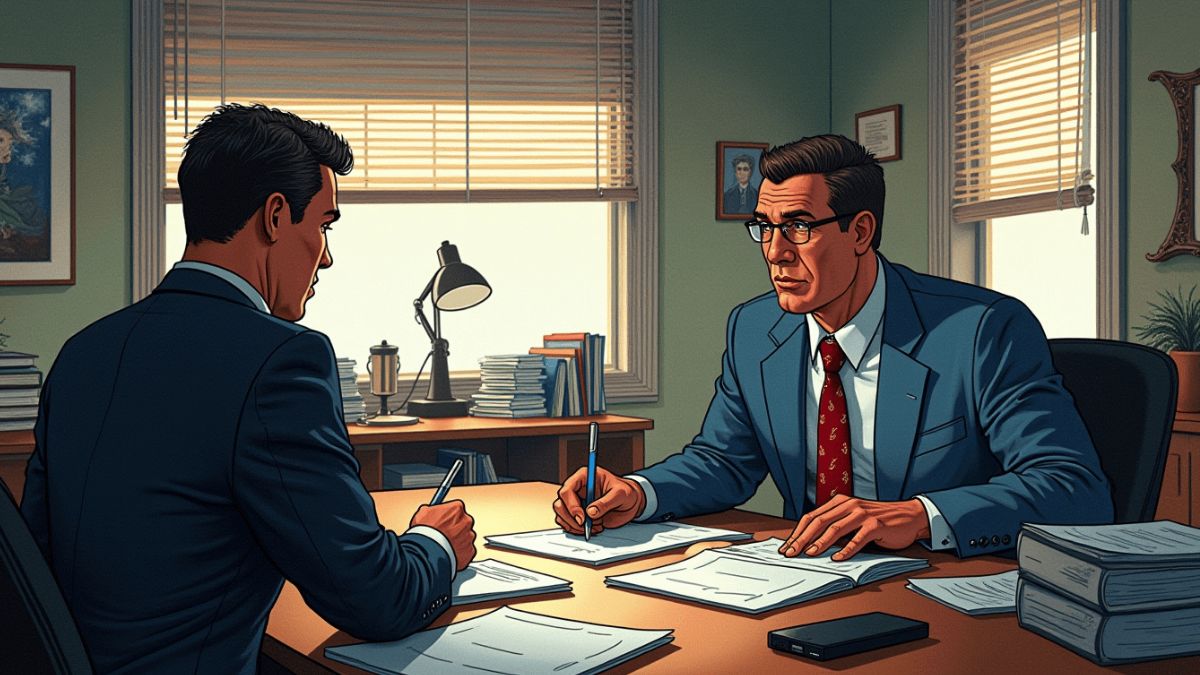
If you’re interested in photography, one of the first questions you might ask yourself is what basic skills and equipment do you need? This can be a difficult question to answer, as there are so many different types of photography. However, we will do our best to outline the basics that every photographer should have. Keep in mind that this is just a basic overview – if you want to become a professional photographer, you will need to learn more than just the basics!
A camera and lens that fit your style and budget
When it comes to photography, the most important piece of equipment is the camera. There are many different types of cameras available on the market, from simple point-and-shoot cameras to high-end DSLRs. It’s important to choose a camera that fits your budget and your photography style. For example, if you want to take photos of nature, you might not need a fancy DSLR – a point-and-shoot camera will do just fine. However, if you’re interested in photography as a career, you’ll need to invest in a high-quality DSLR.
The next piece of equipment you’ll need is a lens (or lenses). Again, there are many different types of lenses available, from wide-angle lenses to telephoto lenses. Once again, it’s important to choose a lens (or lenses) that fits your budget and your photography style. If you’re just starting out, you might want to buy a kit lens – this is a basic lens that comes with most DSLRs. However, if you’re serious about photography, you’ll want to invest in a few high-quality lenses.
A tripod
A tripod is an essential piece of equipment for any photographer, whether you’re a beginner or a professional. A tripod will help you take sharp, well-exposed photos, especially in low-light situations. Tripods come in all shapes and sizes, so it’s important to choose one that fits your needs. For example, if you’re interested in landscape photography, you’ll need a tripod that is sturdy and can be set up on uneven terrain.
While foldable travel tripods are becoming increasingly popular, they might not be the best choice for everyone. If you’re serious about photography, we recommend investing in a high-quality tripod that will last you many years.
Photography invoicing software
If you plan on turning your photography hobby into a business, you’ll need to invest in some photography invoicing software. This software will help you keep track of your clients, payments, and expenses. Namely, the professionals from Bookipi photography invoicing advise getting an app that will save you time by automating repetitive tasks such as creating invoices and sending reminders. This way, you can focus on what’s important – taking photos!
Also, some software is designed for wedding photographers, while other software is designed for portrait photographers. Be sure to choose the correct type for your photos.
Lights
Whether you’re taking photos indoors or outdoors, lighting is an important factor to consider. If you’re taking photos in low-light situations, we recommend using a flash. However, if you’re taking photos in bright sunlight, you’ll want to use a diffuser to soften the light.
In a lot of cases, natural light is the best light for photography. If you’re taking photos indoors, try to find a room with plenty of windows and avoid using the flash.
Editing software
Once you’ve taken your photos, it’s time to edit them! There are many different types of editing software available, from basic programs like iPhoto to more advanced programs like Photoshop. If you’re just starting out, we recommend using a basic program like iPhoto or Picasa. However, if you’re serious about photography, you’ll need to learn how to use Photoshop.
In addition, the software you use will also depend on what type of photos you’re taking. For example, if you’re interested in landscape photography, you’ll need to use a program like Lightroom, which has specific tools for editing RAW files.
An eye for detail
Last but not least, you’ll need an eye for detail. This is something that can’t be taught – it’s something you either have or you don’t. If you’re serious about becoming a good photographer, you need to pay attention to the small details in your photos. On the other hand, you can find a lot of courses that will teach you the basics of photography. Start by taking a few courses and reading some books on photography. Then, practice as much as you can.
The more you practice, the better you’ll become at spotting those small details. And, who knows? Maybe one day you’ll be a professional photographer!
Patience
One important quality that all photographers need is patience. Photography can be a frustrating hobby, especially when you’re first starting out. There will be times when you take hundreds of photos and none of them seem to be right. That’s normal!
The key is to keep taking photos and not get discouraged. In addition, patience is important when you’re editing your photos. It can be tempting to rush through the editing process, but it’s important to take your time and make sure you’re happy with the final result.
A creative eye
Another important quality for photographers is a creative eye. This is what separates good photographers from great photographers. If you have a creative eye, you’ll be able to see the world in a different way and capture unique photos that other people wouldn’t think of.
There’s no one-size-fits-all answer for developing a creative eye. Some people are born with it, while others have to work hard to develop it. If you’re not sure whether or not you have a creative eye, keep taking photos and see what kind of results you get. over time, you’ll start to develop your own style and your photos will become more unique.
A passion for photography
Last but not least, you need to have a passion for photography. This is probably the most important quality on this list. If you don’t have a passion for photography, it will be very difficult to become a good photographer.
Passion is what photographers need to sustain their motivation. It pushes us to keep taking photos, learn as much about photography as possible and practice frequently, even when we aren’t getting the results that we initially wanted. If you’re not passionate about photography, it will be more difficult to improve your skills.
These are some of the basic skills and equipment that you need if you plan on being a good photographer. Of course, there are many other factors that contribute to becoming a good photographer, but these are some of the most important ones.




